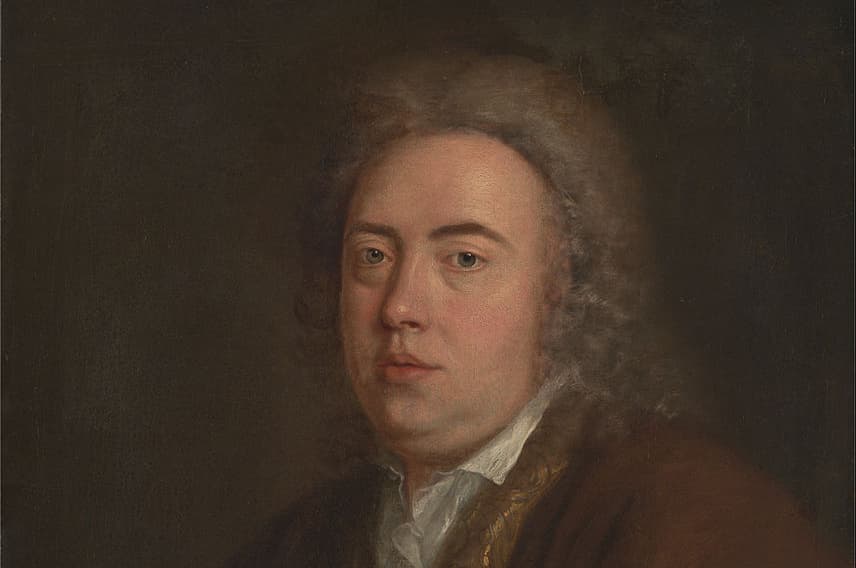
A Tale of Two Harvards
By THE NEW YORK SUN
|In the brief halcyon moment before the advent of Robert Burns and his wee, sleekit, cowrin’, tim’rous beastie, James Thomson was the Scots poet of the eighteenth century.

Already have a subscription? Sign in to continue reading

By THE NEW YORK SUN
|
By BENNY AVNI
|
By GEORGE WILLIS
|$0.01/day for 60 days
Cancel anytime
By continuing you agree to our Privacy Policy and Terms of Service.